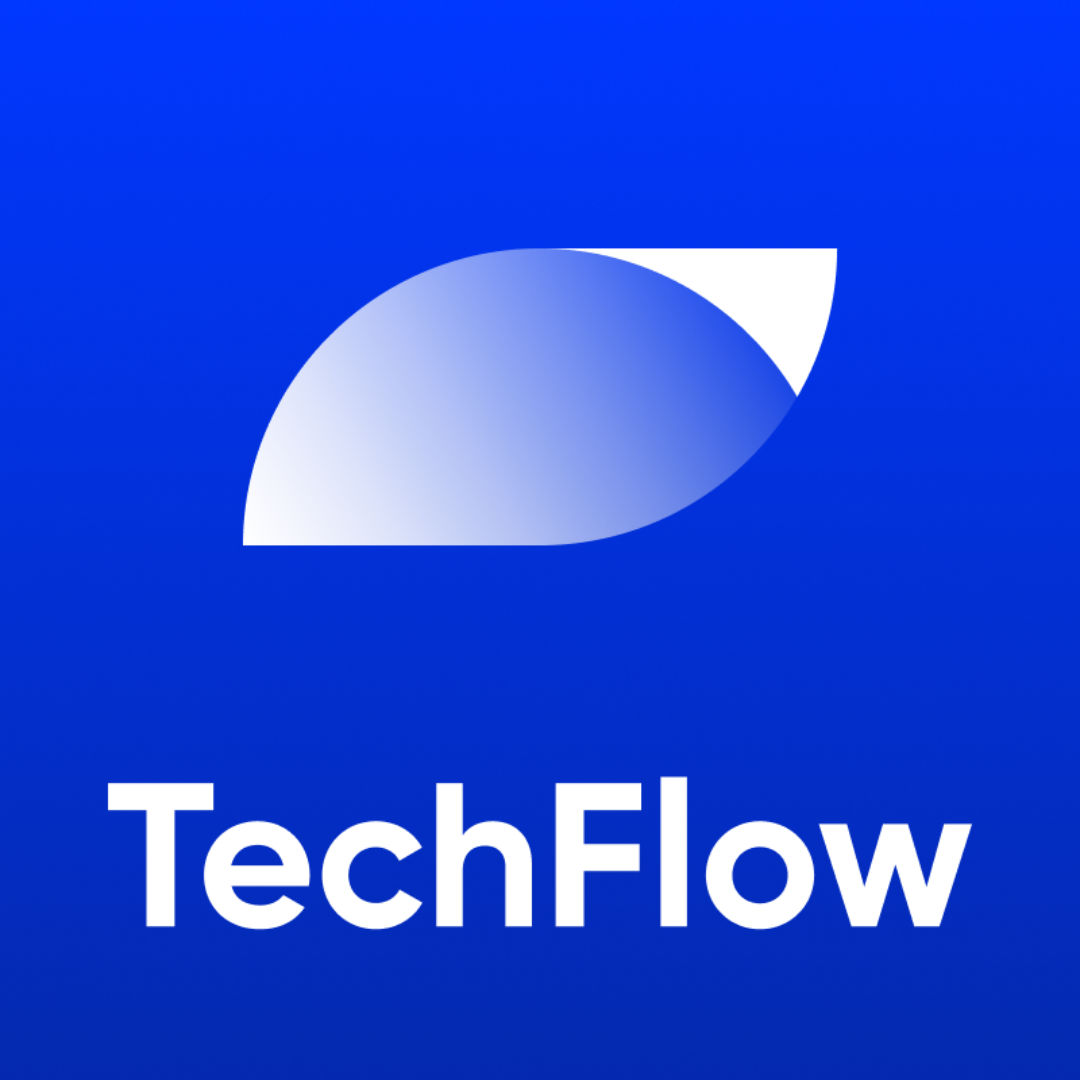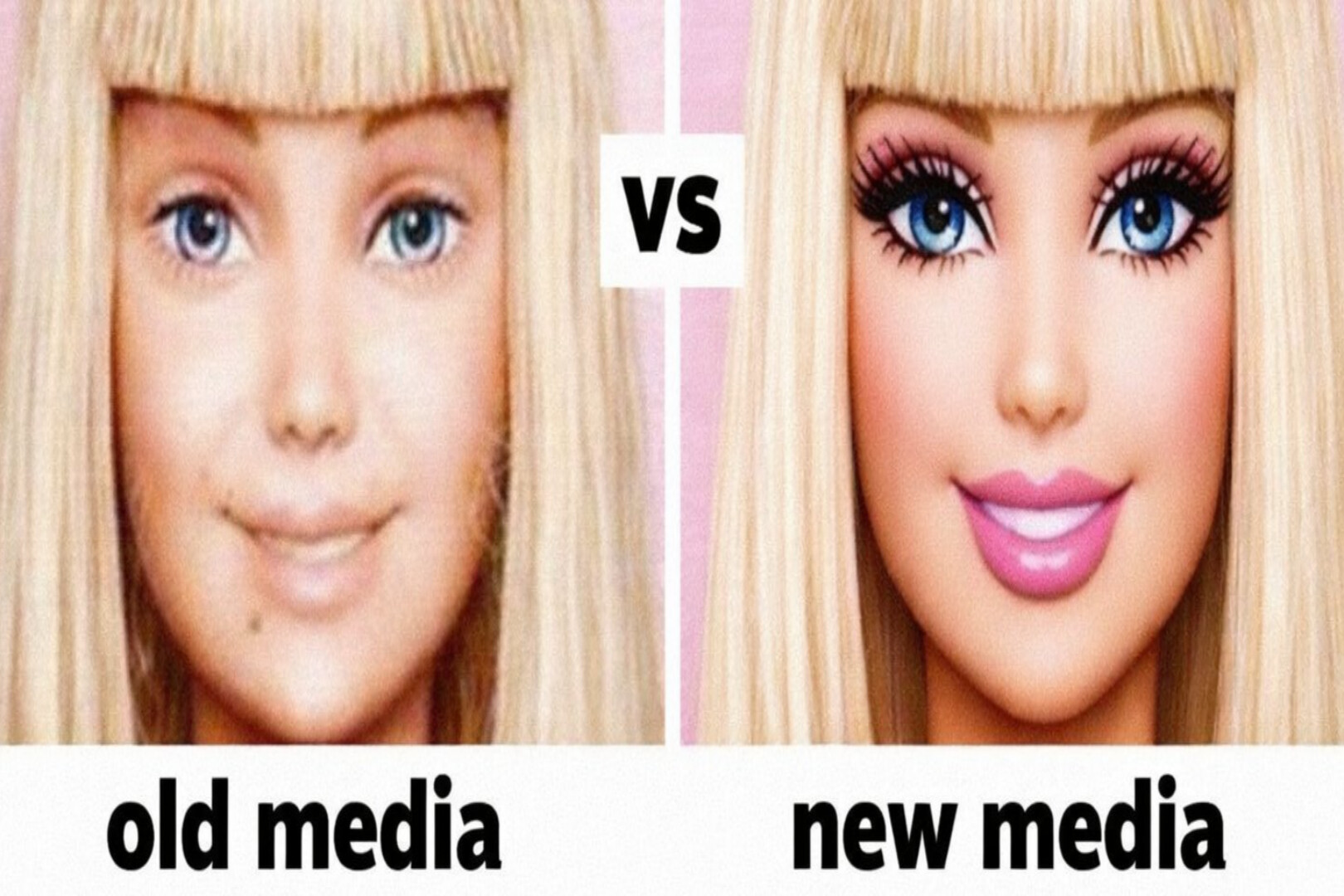探秘Base链上游戏生态:哪些项目值得关注?
原文作者:WASD
原文编译:深潮 TechFlow
过去,WASD 已经介绍过不同 L2 上的链上游戏生态系统,比如 Starknet 和 Arbitrum。
今天,我们将针对 Base 介绍其链上游戏生态系统!

Base 是一个由 Coinbase 开发并使用 OP Stack 构建的乐观 Rollup。
虽然从像 TVL 这样的指标来看,它可能还没有像 Arbitrum 或 OP Mainnet 这样的老网络那样的活跃度,但自 2023 年 8 月推出以来,Base 一直在稳步增长。
虽然 L2 以其社交和创作者经济用例而闻名,但它正悄悄成为游戏和其他酷炫链上实验的中心。
Base 能成为这一领域的领导者吗?让我们一起找出答案!
为什么选择 Base
在深入探讨项目之前,让我们来看看为什么 Base 非常适合托管链上游戏。
可扩展性:作为一个 L2,Base 相对于以太坊 L1 可以有更高的 TPS。
这对链上游戏至关重要,因为它们需要大量低成本的交易来为玩家提供流畅和可访问的体验。
EVM 兼容性:Base 与 EVM 兼容,允许开发者利用现有的开发工具或从其他网络迁移他们的 DApp。
特别是对于链上游戏,这意味着团队可以使用 MUD 或 Paima 等 EVM 兼容引擎。
Coinbase 支持:从长远来看,在 Base 上建设链上游戏的团队应该能很好地利用 Coinbase 庞大的现有用户基础。
Base 正在深度整合到 Coinbase 的产品中,无论是支持从 CEX 桥接,还是使用 Coinbase 钱包在 L2 上免费转账 USDC。
此外,团队提供广泛的开发者支持,重点关注在网络上建设的项目,并向开发者分发补助。
Base 的游戏
现在我们已经了解了 Base 作为链上游戏平台的价值主张,让我们来看看 Base 网络上一些现成的、可玩的游戏。
FrenPet
 FrenPet 是一款 Tamigotchi 风格的移动游戏,您可以在其中照顾一只链上宠物。
FrenPet 是一款 Tamigotchi 风格的移动游戏,您可以在其中照顾一只链上宠物。
除了照顾您的宠物外,您还可以参与不同的活动,比如与其他玩家战斗、在游戏内精品店购买化妆品,以及参与「转盘」和「骰子」等小游戏。
每只 FrenPet 都由一个 NFT 代表,可以用 10 个 FP 代币(7 美元)铸造,并且如果您忽视它,它将被销毁。
$FP 是一个 ERC-20 代币,带有 5% 的交易税,但是这部分费用的一部分会根据您相对于游戏中所有玩家的得分比例,以 ETH 的形式作为奖励分发给玩家(即您得分越高,获得的奖励份额越大)。
总的来说,如果您喜欢简单的休闲手机游戏,那么您应该会喜欢 FrenPet。
留住玩家的机制非常巧妙,因为它激励玩家参与并在排名中攀升,以最大化他们的奖励。
然而,考虑到它的休闲性质,作为一名喜欢深入游戏的玩家,我从未完全投入其中。
Words 3
 Words 3 是由 Small Brain Games 开发的 PVP 文字游戏。
Words 3 是由 Small Brain Games 开发的 PVP 文字游戏。
Words 3 类似于 Scrabble 或 Words with Friends,您与其他玩家竞争形成单词并赚取分数。
然而,与这些链下游戏不同,您必须支付 ETH 才能使用字母,这些字母的价格会根据使用它们的需求在游戏过程中变化。
Words 3 的游戏是在限时回合中进行的。
在一个回合结束时,整个回合中花费的 ETH 将根据玩家的盈利性或他们相对于他们花费的 ETH 所得分数重新分配给玩家。
我喜欢 Words 3 ,因为它结合了策略、速度和创造力,是一款易于上手(但难以精通)的游戏。
我每周都会参加 WASD 与 [WE] 主办的 Words 3 社区回合比赛。
话虽如此,我认为这个游戏可以从燃烧钱包(burner wallet)中受益,以便提供更流畅的体验,并且可以提供一个教程或指南,其中包含更多关于策略和如何游玩的信息。
Drawtech
Drawtech 是一款同样由 Small Brain Games 开发的 PVP 绘画游戏。
作为有史以来第一款移动链上游戏,Drawtech 是作为 PWA 构建的,并使用 Privy 进行引导和托管内嵌钱包。
在游戏中,您将在共享网格上竞争给图块上色。
与 Words 3 类似,您需要支付 ETH 来这样做,每个方块都有自己的价格,由玩家需求决定。
假设他们没有覆盖您的方块,每当一个玩家着色一个方块时,您将赚取他们花费的 ETH 的一部分,这部分与您控制的方块数量成比例。
虽然我喜欢底层机制和赚取一些 ETH 的机会,但我确实认为方块价格很快就变得非常昂贵,从而让新玩家望而却步。
尽管如此,作为首款移动游戏,这对于链上游戏来说是一个巨大的飞跃。
LandTorn
 LandTorn 旨在构建一个相互连接的链上游戏生态系统。
LandTorn 旨在构建一个相互连接的链上游戏生态系统。
您可以将该项目视为与 Arbitrum 上的 Treasure DAO 或 Starknet 上的 Realms 类似,因为 LandTorn 充当游戏出版商和分销商的角色,旨在围绕共享代币($TORN)统一其生态系统。
按照这些路线,在 LandTorn 生态系统中发布的游戏将利用 $TORN,同时参与更大的元游戏和经济。
该项目的第一款游戏是 Lorak,一款闲置游戏,类似于 Treasure DAO 的 Bridgeworld 和 Realm 的 Eternum,充当生态系统的元游戏。
在 Lorak 中,您将铸造一个「定居者 NFT」,您可以用它来完成地下城并获得战利品。
战利品是 NFT,可以出售以换取第二种 ERC-20 代币,$SHARD。
$SHARD 作为 Lorak 本身的主要代币,因为它可以用来升级您的定居者并进入某些地下城。
这样做是为了实现您的最终目标,即发现称为「神话」的物品,这些物品可用于铸造「Torn Lords」,这是一个包含 500 个 NFT 的稀有收藏品。
总体而言,LandTorn 所追求的创建一个相互关联的游戏生态系统的愿景非常有趣,尽管 Lorak 本身很复杂。
虽然这款游戏的节奏并不快,但我喜欢在排行榜上提高我的排名,尤其是现在玩家不多的时候。
Cambria
 Cambria 是一个制作多款游戏的工作室,包括 Duel Arena、Degen Wars 和 Gold Rush。
Cambria 是一个制作多款游戏的工作室,包括 Duel Arena、Degen Wars 和 Gold Rush。
Degen Wars 是一款受到 Runescape 和 Ultima Online 等游戏启发的 2D MMO。
在其中,玩家通过参与 PVP 战斗作为链上部落的一部分来争夺领土和资源。
他们的第二款游戏,Degen Arena,现在是团队的主要关注点。在 Arena 中,玩家可以相互挑战进行 1 对 1 的决斗。
决斗使用赌注机制,用户可以用 ETH、NFT、FriendTech 积分或 Base 上的其他资产作为赌注,这些奖品将归战斗的赢家所有。
决斗参与者将赚取精华积分(Essence Points),使您有资格获得即将到来的决斗竞技场代币空投。
您还可以参加免费决斗,在其中您可以赚取竞技场代币,这是另一种用于购买化妆品等其他商品的货币。
我发现 Degen Arena 非常有趣,有很多机会聊天、竞争、展示 NFT,甚至赢得一些 ETH。
我很兴奋能继续游玩,并期待看到未来的升级,比如实施公会等。
Base 上的其他游戏
Base 上还有几个有趣的链上游戏、项目或实验值得一看。
这些包括:
Basepaint,一个协作的链上艺术项目。
Dot,一个允许您创建可收藏像素艺术的协议
Land, Labor, Capital (LLC),一个在 Base 部署的大亨游戏。
看涨 Base
正如您所见,Base 的链上游戏生态系统正在蓬勃发展。
目前有许多在 L2 上建设的游戏可以玩,它们带来了独特的游戏玩法机制、机制和经济设计。
在这些游戏中,Base 的可扩展性、EVM 兼容性以及与 Coinbase 的联系使其处于有利地位,能够继续成为领先的链上游戏生态系统。
如果你关注链上游戏,请不要忽视 Base。



